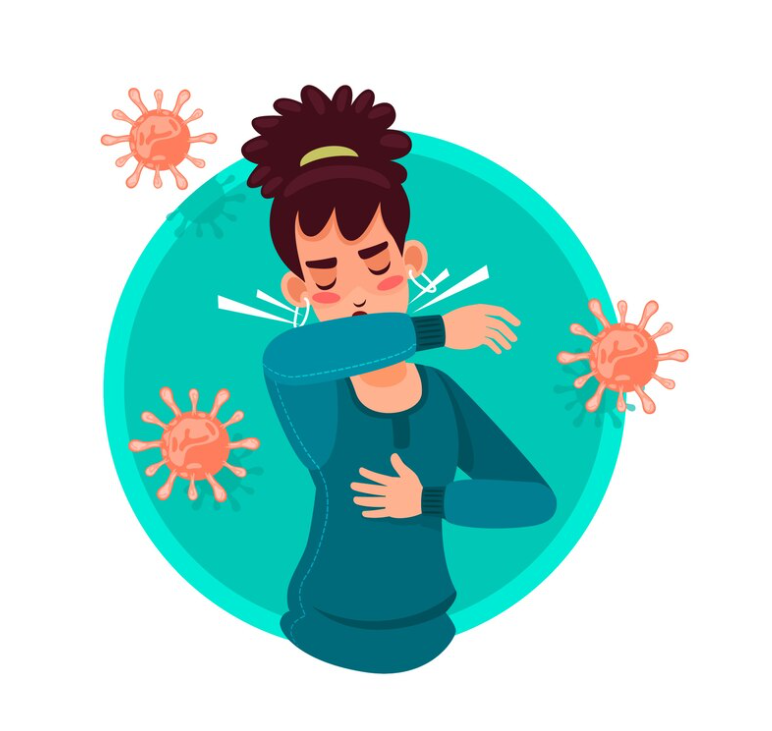
Tips for Managing and Alleviating Productive Cough
Tips for Managing and Alleviating a Productive Cough
Dealing with a productive cough can be frustrating, but there are several effective strategies to ease your symptoms and support recovery. Let’s explore practical tips to manage and reduce discomfort.
1. Stay Hydrated
Drinking plenty of fluids helps thin mucus, making it easier to expel. Water, herbal teas, and broths are excellent choices to keep yourself hydrated. Staying hydrated also soothes your throat, reducing irritation caused by persistent coughing.
2. Use a Humidifier
Dry air can worsen coughing by irritating your airways. Adding moisture to the air with a humidifier can soothe your throat and help loosen mucus. Alternatively, taking a steamy shower can have a similar effect, providing temporary relief from discomfort.
3. Soothe with Honey
Honey is a natural remedy known for its soothing properties. It can help calm coughing and ease a sore throat.
Mix a teaspoon of honey into warm water or tea for a comforting drink. For children over one year old, honey can also be a safe and effective option.
4. Try Saline Nasal Spray
Postnasal drip, a common cause of coughing, can be alleviated by using a saline nasal spray. This helps clear mucus from your nasal passages, reducing throat irritation and minimizing cough triggers.
5. Avoid Irritants
Cigarette smoke, strong odors, and air pollution can exacerbate a productive cough. Avoiding these irritants helps prevent further airway inflammation and supports recovery.
6. Elevate Your Head While Sleeping
Nighttime coughing can disrupt sleep and prolong discomfort. Sleeping with your head elevated helps prevent mucus from pooling in your throat, reducing irritation and making it easier to rest.
7. Practice Deep Breathing Exercises
Deep breathing can help expand your lungs and clear mucus more effectively. Take slow, deep breaths through your nose, hold for a moment, and exhale through your mouth to aid in lung function and reduce coughing episodes.
8. Use Over-the-Counter Remedies
Expectorants help loosen mucus, while cough suppressants provide relief for nighttime coughing. Always follow the instructions on the packaging, and consult a healthcare provider if you have any concerns.
9. Prioritize Rest and Relaxation
Your body heals best when it’s well-rested. Avoid strenuous activities, manage stress, and focus on self-care to support your immune system and promote recovery.
10. Seek Medical Advice When Necessary
If your cough lasts more than three weeks or is accompanied by severe symptoms such as chest pain, difficulty breathing, fever, or blood in your mucus, consult a healthcare professional promptly. Persistent coughing could indicate a more serious underlying condition.
Conclusion
Managing a productive cough involves a combination of hydration, proper care, and preventive measures. By adopting these strategies and seeking medical advice when necessary, you can alleviate your symptoms, support your recovery, and improve your overall comfort.
To seek medical advice, always consult a Doctor. Here are our recommended experts.
Click here
To read more on Respiratory disease . Click Here



